August 24 marked 31 years of Ukrainian independence, since the collapse of the Soviet Union. Happy Independence Day to all my friends and colleagues across Ukraine!
I had the privilege of a Fulbright Grant in 1995-96 to teach at the new National Academy of Public Administration under the leadership of Canadian/Ukrainian Bohdan Krawchenko. The Academy was intended to teach a new generation of national administrators about administrative and policy principles of democracy and free enterprise. The instructors were mostly from Canada, Great Britain, France, Germany and the US. Classes were taught with translators to Ukrainian. I lectured on public administration, public policy and intergovernmental relations topics to students in Kyiv and the branch campuses in Dnipropetrovsk, Odessa, Kharkiv and Lviv.
I also gave guest lectures in Severodonetsk, at Kyiv Mohila University, the National University Tarasa Schevchenko and public high schools. The US State Department provided additional support the next couple of years for me to return to lecture at the regional campuses of the National Academy. During these visits to Ukraine, I developed many friendships and a deep appreciation and affection for the people of Ukraine and their democratic and western aspirations. A decade ago, I returned to Kyiv, Ivano-Frankivsk and Mykolayev to conduct research on local governments and their relationships to central government authorities.
In September 1995, Ukraine was still very much a Soviet nation. The last years of the USSR and first four years of independence left the country poor and in terrible disrepair. The transition from all enterprise being state-owned had only just begun. There were shortages of virtually all consumer goods as Soviet supply chains and manufacturing had been disrupted and partially dismantled. Privately-owned enterprises had just begun to emerge. Life was as drab as peoples’ public countenance! And yet in private, everyone I met was warm, welcoming and cautiously optimistic.
I sought out the Jewish institutions which had survived the USSR or been revived. I was welcomed by Ukraine’s Chief Rabbi, Yacob Bleich, at the Podil Synagogue in Kyiv. He was reviving the long-standing Jewish community of Kyiv with a day school and programs for the elderly. He and his wife welcomed my young son and me into his home for Rosh Hashanah and Shabbat meals. Across town, the former Brodsky Synagogue was still the home of the Puppet Theater. My visiting family and I were guests of the Israeli Embassy’s Passover seder. In my travels in 1995-96 and subsequently, I visited and attended Shabbat services across Ukraine in Lviv, Kharkiv, Dnipropetrovsk, Odessa, Ivano-Frankivsk and Mykolayev.
A quarter century later, I maintain contact, some quite close, with personal friends, colleagues and former students from Ukraine. Some are still there, but many have temporarily relocated, as a result of this horrendous genocide aimed at the Ukrainian people, language and culture by the Russian Federation and it autocrat Putin.
When I returned to the US in spring 1996 after 10 months of living in Ukraine, I described myself as a Jewish Ukrainian Nationalist, much to the surprise and dismay of many. How could a Jew be a Ukrainian nationalist, given what we knew of the history of the Jewish experience there? The answer was — and is today — that much of what we knew of Ukraine’s history was from a Russian-Soviet nationalistic perspective. I believe that Ukrainian President Vladimir Zelensky’s election and leadership confirm my experience.
Happy Indepence Day, Ukraine! Happy Independence Day to my Ukrainian friends! May this coming year be one of victory, of an end to war and destruction. May this coming year be one of peace and rebuilding.
Slava Ukraini! Слава Україні!
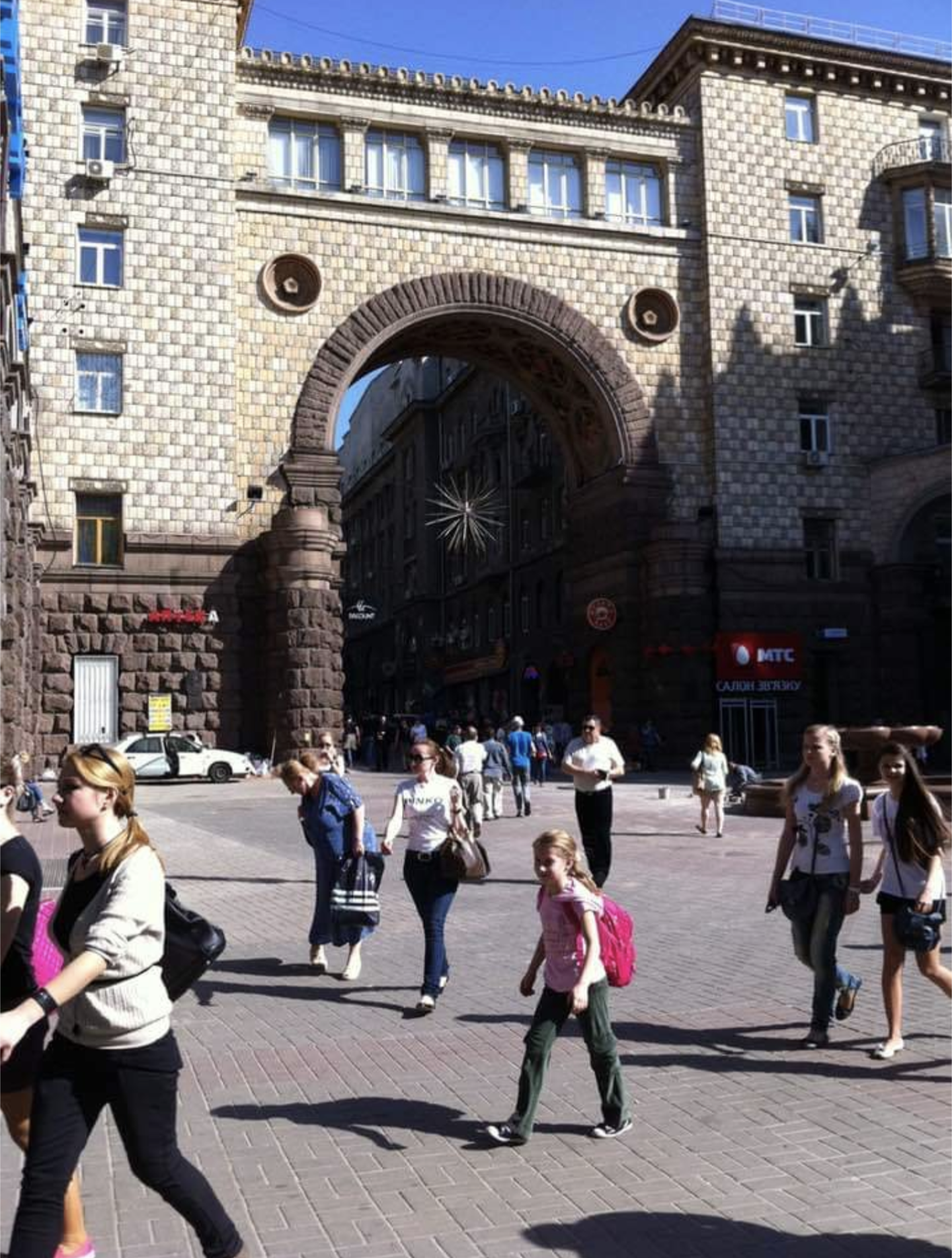
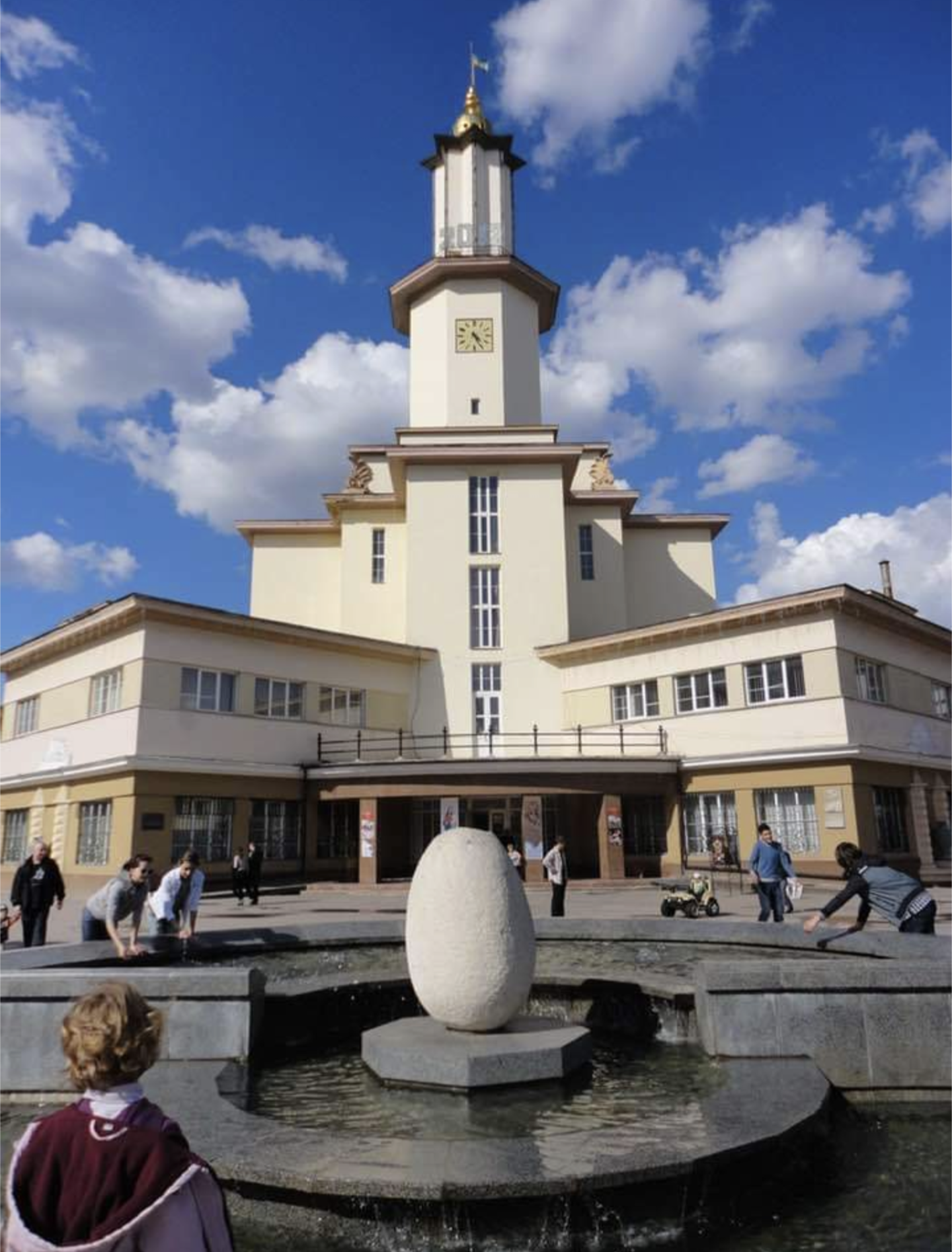
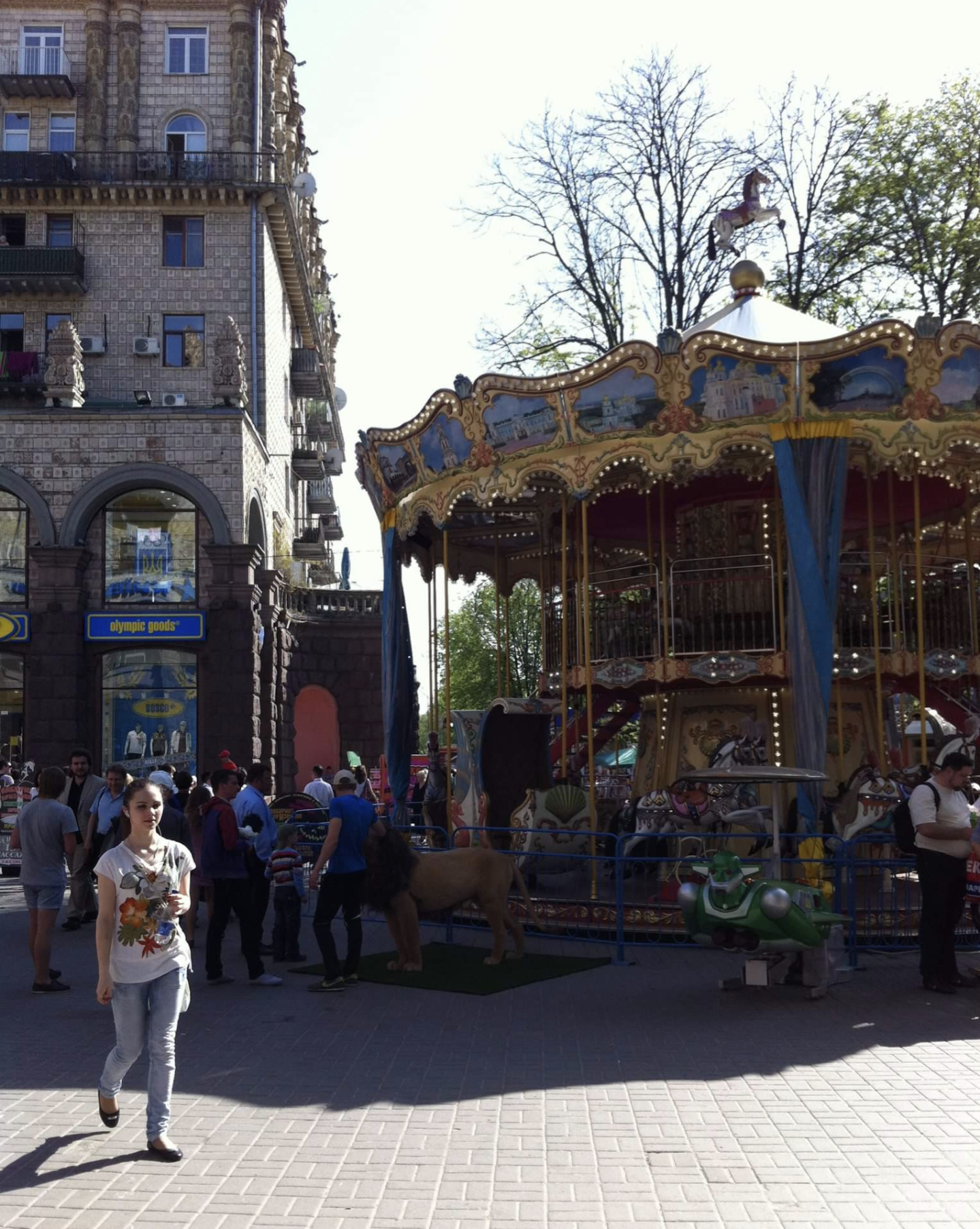
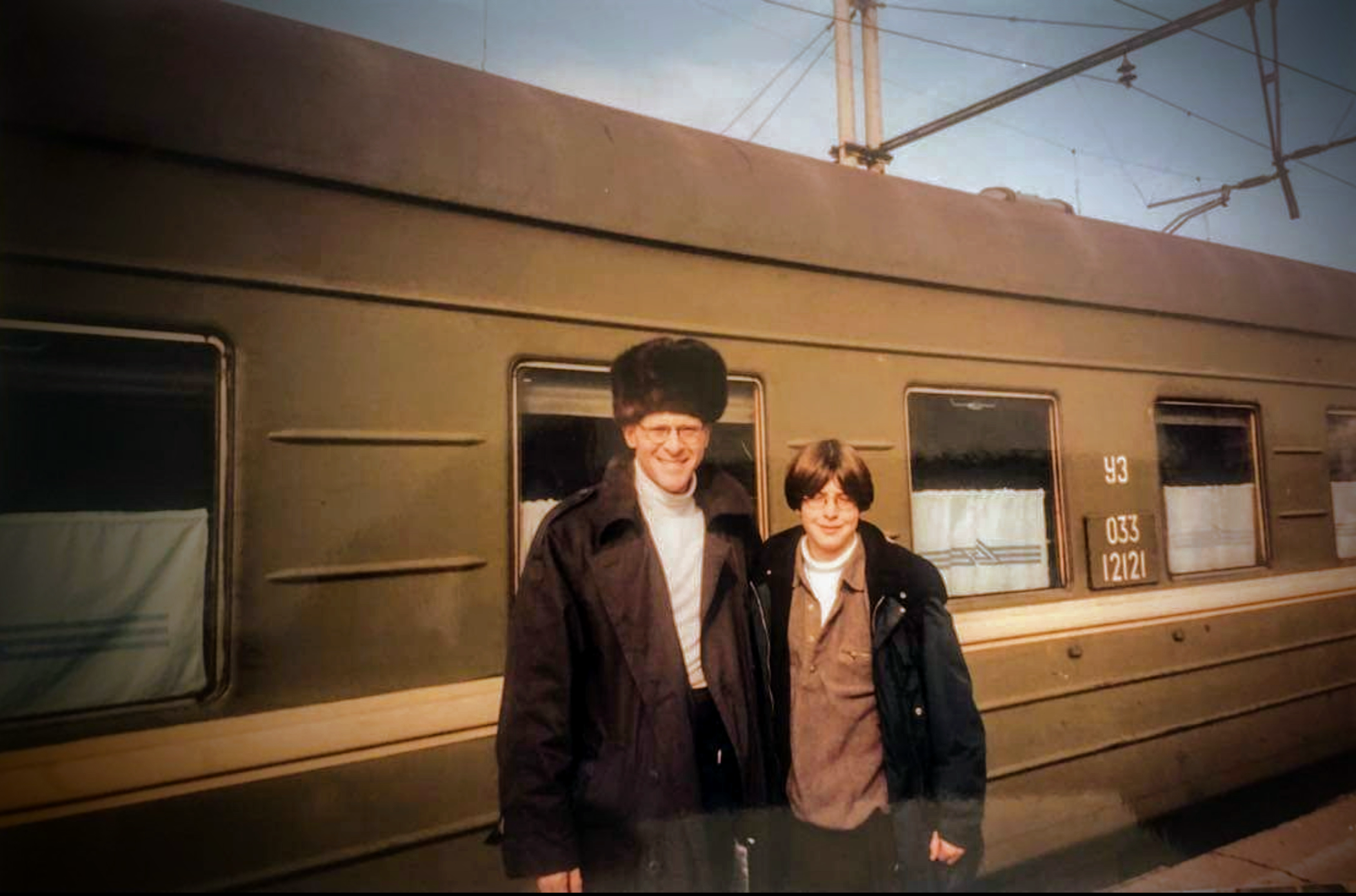
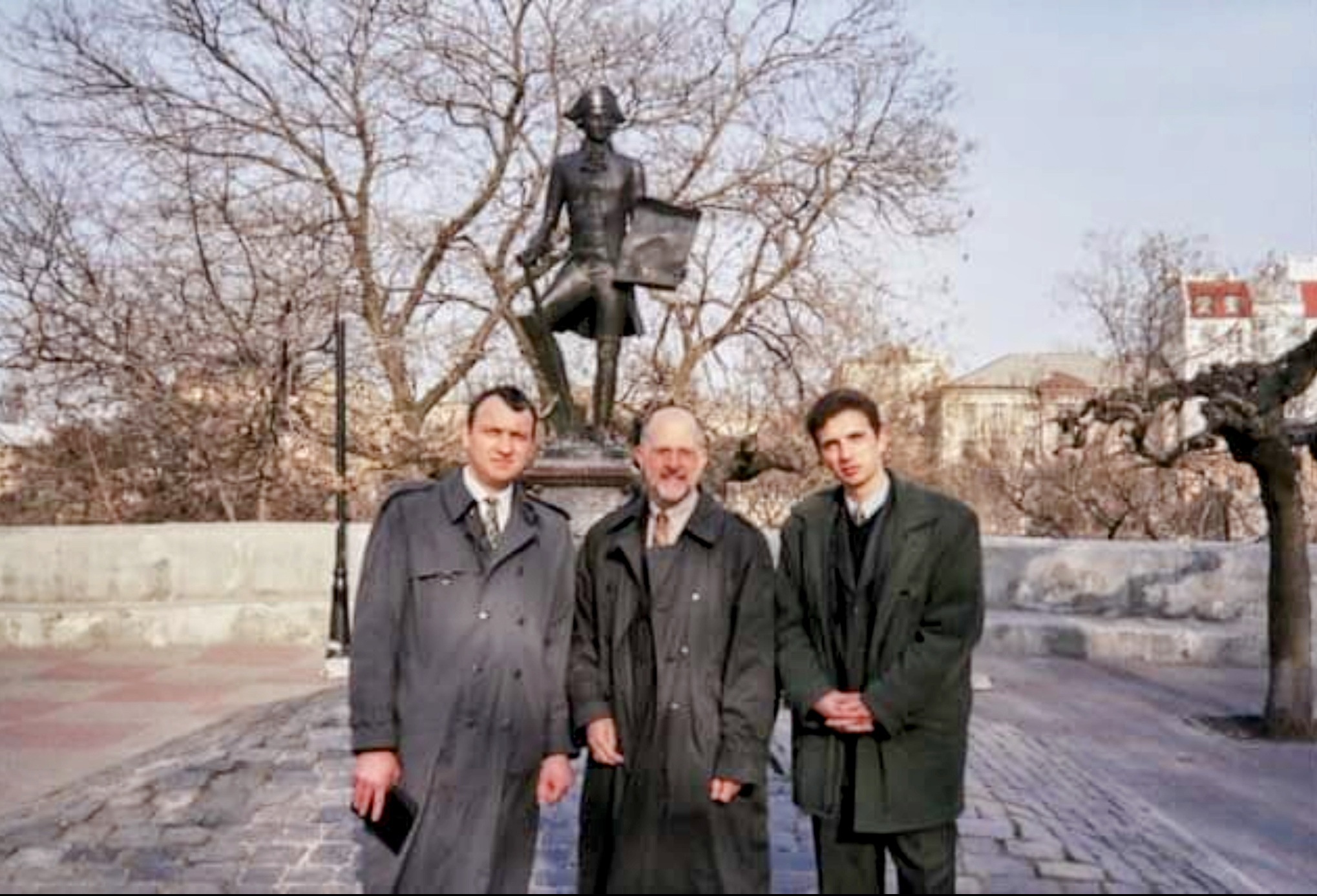
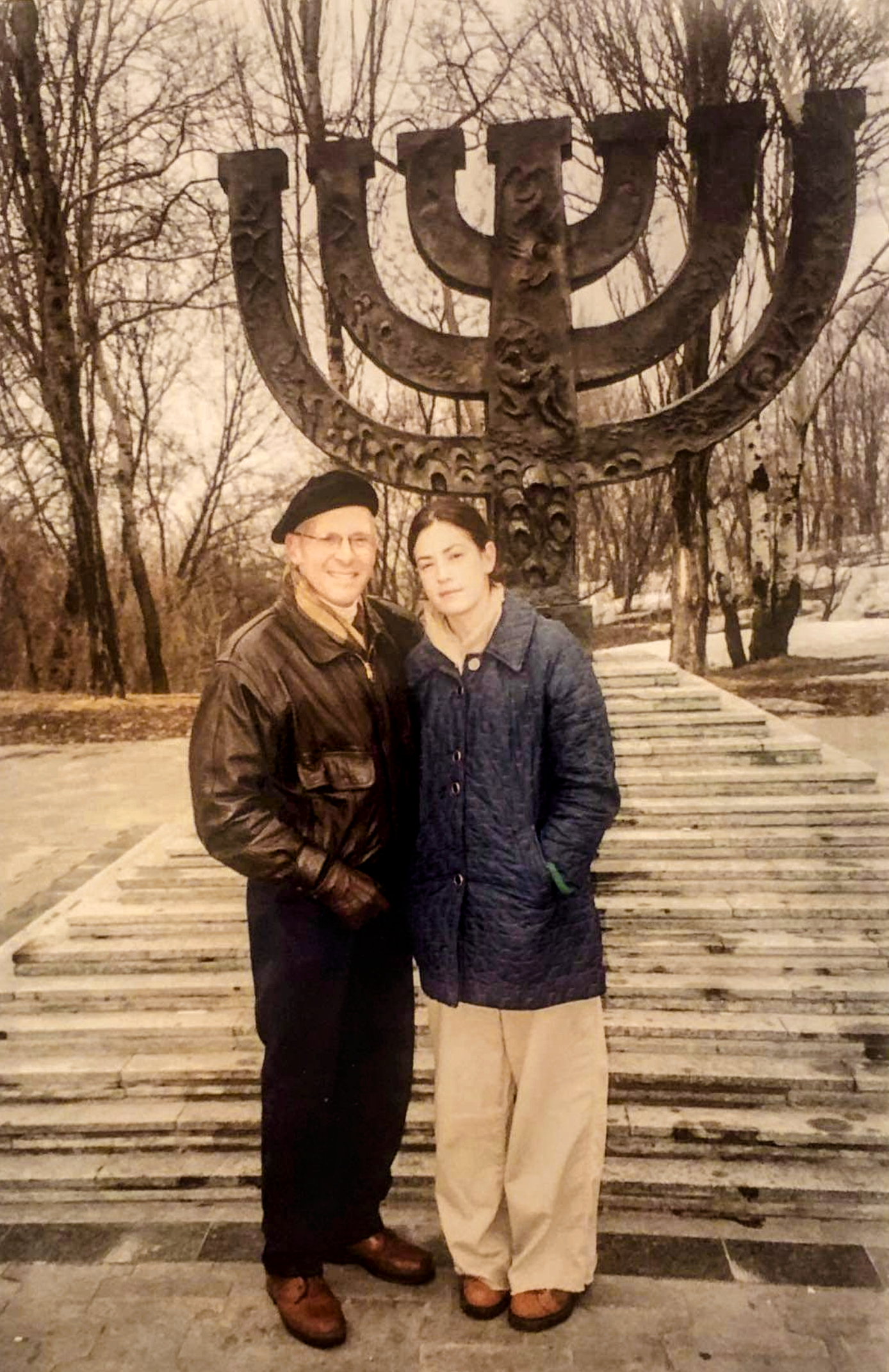
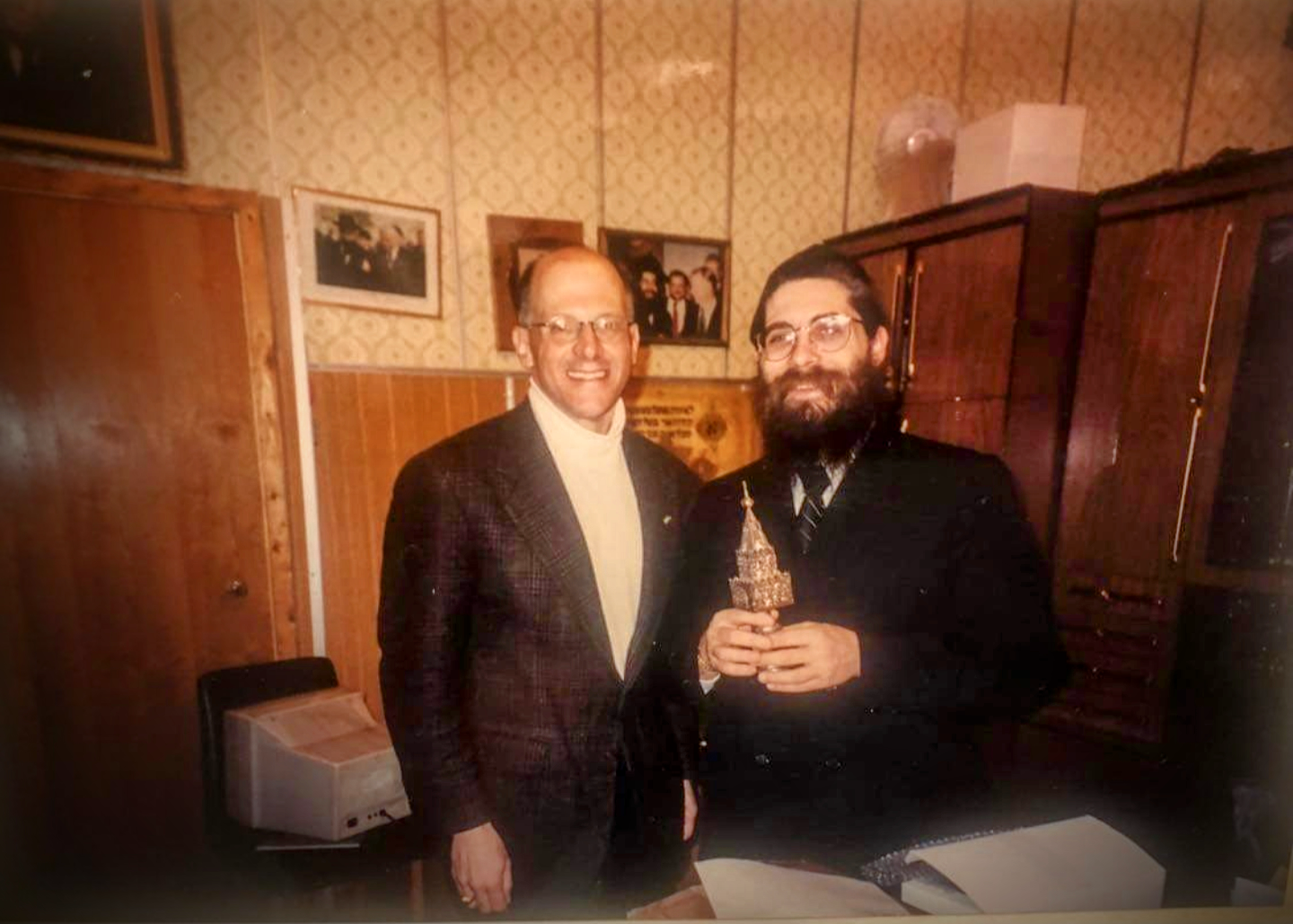
Comments
Sign in or become a Nu?Detroit member to join the conversation.
Just enter your email below to get a log in link.